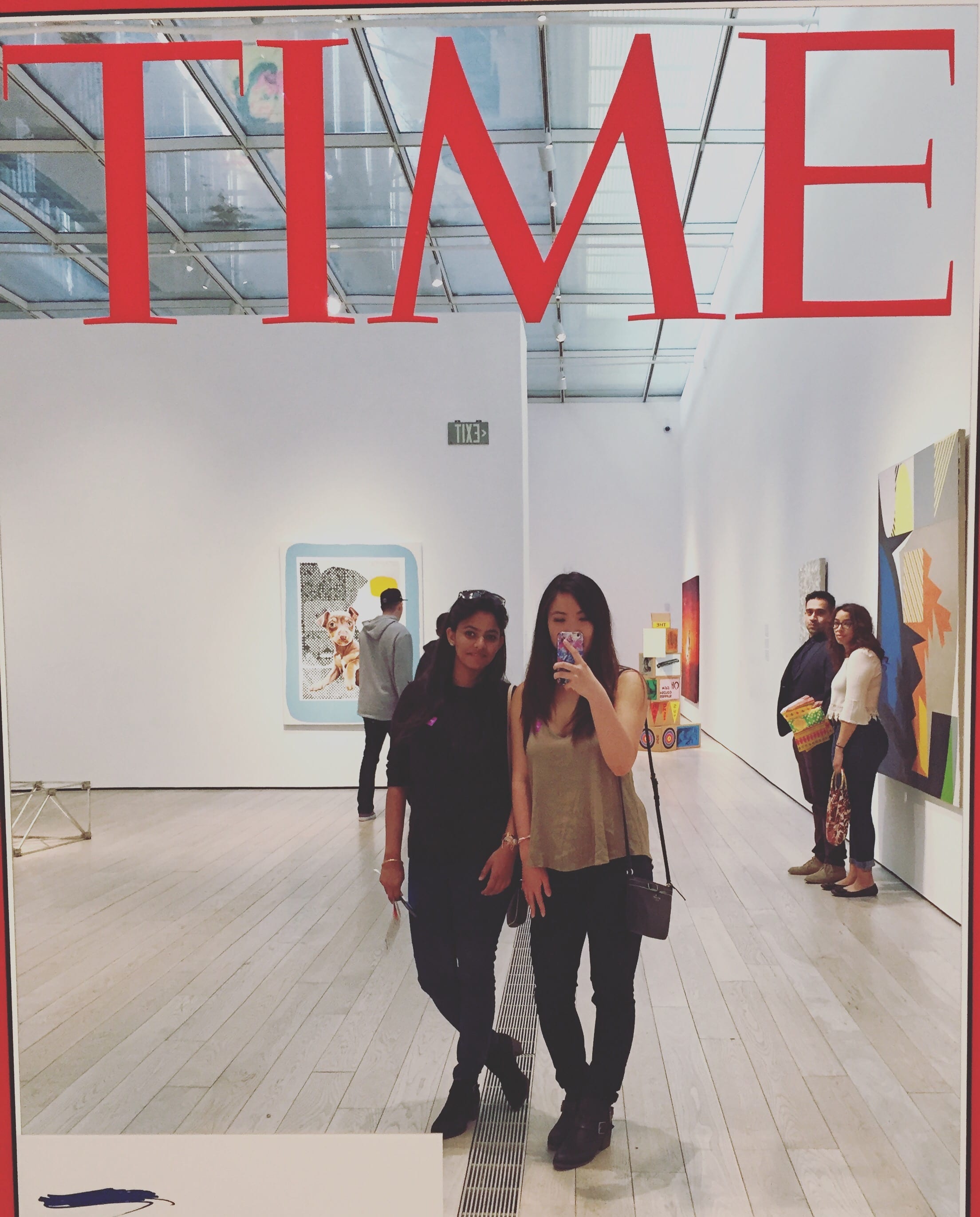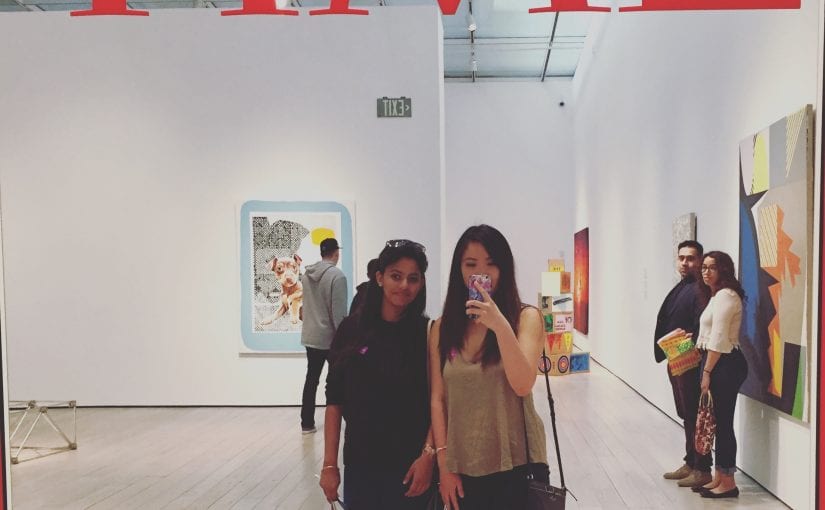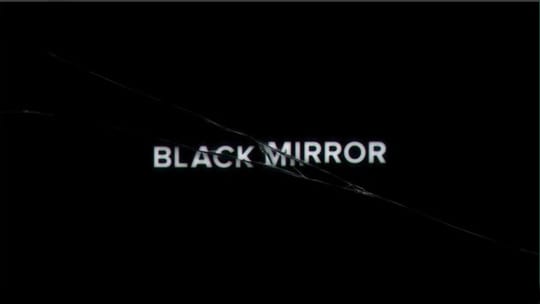In 2006, Time magazine’s Person of the Year award went out to “you.” When I visited the LACMA this semester, Mungo Thomson’s art piece displays a mirror designed as the cover of Time and allows participants to view and be in the art. This homage to the magazine caused me to reflect on myself and my time at CMC. Featured in the image is me and one of my closest CMC friends, Tanvi. As we take a picture in the artwork, I can’t help but wonder what the implications of being Person of the Year would be.

What would I want to be known for as Time magazine’s Person of the Year? I reflect on the legacy I’ve left at school and what I still have yet to accomplish on the bucket list. While I’ve been in CMC, I have founded Music Mania, a music educational program that helps underprivileged students from Uncommon Good build the fundamentals of music theory. In addition, I’ve served as a student coordinator for the Center for Civic Engagement, with my roles ranging from a community service coordinator to leading the SF Alternative Spring Break trip. However, what I think I have learned the most from is balancing schoolwork with life. As I stand in the mirror with Tanvi, I realize how far I’ve come from being at CMC. Slowly but surely, I’ve learned to prioritize relationships above schoolwork without sacrificing studying. In addition, I’ve learned to live in the moment and take each day a step at a time. I couldn’t have imagined high school me taking a whole day off to explore LA’s museums and sights during a busy week. The picture of me in the mirror makes me truly value what is the culmination of my four years at CMC. I am proud of what I’ve accomplished for both society and my personal goals.
So, can we all be Person of the Year? With Thomson’s art piece, he truly puts the viewer of the art in a position of self-reflection, both figuratively and literally. I look forward to what the new art displays at the LACMA will bring me in the future.
By: Sharon Chiang





